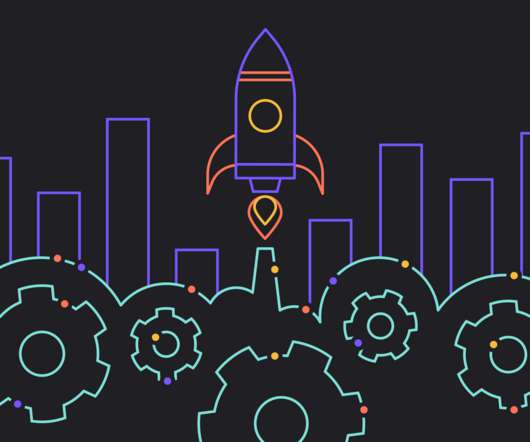How to be the go-to engineer for product analytics
Mixpanel
JANUARY 3, 2022
The point is that some of these might be catchable by non-technical team members whose job it is to analyze the data, but a lot of cases could only ever be noticed by someone who understands how the implementation actually works on a technical level: an engineer like yourself. Keep the product folks technically up-to-date.
















Let's personalize your content